With the Next Era project, we are aiming to build an understanding of current societal transformations and how to create a fair society. We will open the discussion by publishing three publications on the changing structures in society, and will bring together people, projects and organisations through a series of global meetings throughout 2017. Parts of these meetings will be dedicated to identifying emerging ideas for an open and forward-looking society, finding relevant connections between them and further improving them.
We organised the first Next Era Global workshop in San Francisco in January 2017. The topic of the workshop was work and income in the digital era. Basic income and the future of labour unions were some of the topics discussed.
In the workshop, we explored existing social innovations from the fields of work and income and picked some of the most exciting ones to present here briefly. Read more about the initiatives below.
Y-Combinator – Request for Start-ups: News, Jobs and Democracy
The world’s most successful start-up accelerator, the San Francisco based Y-Combinator, is redefining the meaning of start-ups. The accelerator has invited bids for start-ups and not-for-profit organisations that address the challenges to the future of work: that is, the need to provide income and healthcare, and to generate a sense of purpose in an age of rapid automation. This is a significant initiative on two accounts: it addresses the future of work and income and redefines what start-ups can be. Find out more at: https://blog.ycombinator.com/rfs-news-jobs-and-democracy/B-Income.
Basic income in a local currency
Barcelona is testing basic income in a novel form. The trial scheduled to start this year will feature a social currency. This means essentially that some of the test group (a total of 1,000 people) will receive basic income in the form of a “social currency”: a digital currency which is aimed at revitalising the local economy. We await the results with interest, but the idea of paying social security in a form of “programmed money” is exhilarating. https://t.co/CsCbBpWzGB.
Finnish experimental governance and the basic-income experiment
The current government in Finland is taking an experimental approach to governance. The Prime Minister’s Office has initiated an experiments unit that oversees a large number of ambitious trials that are part of the government programme, the most significant of which is the basic-income experiment. In the experiment, 2,000 randomly chosen unemployed people will receive a basic income of 560 euros – an income that will not be taken away if an individual finds full- or part-time employment, or starts a company. The experiment signals a new phase in governance and policy creation. Policies are first experimented with and then decided upon – or further experiments conducted.
JAM in India
India is aiming to make the leap from a largely informal economy to a digital and mobile currency. JAM encompasses three things: bio-metric identification, state benefits in an electric format and the introduction of mobile banking and payment systems. It allows people to pay with bio-metric identification (using retinal or fingerprint identification), even without mobile phones, as long as the seller has one. In addition, it will create for the Indian government a mass of data on how people use money in India. There is already interest in testing the payment of different kinds of benefits, such as basic income, with the system. To some however, it is a controversial plan that increases government power. JAM is first and foremost aimed at extending banking services to people without accounts and avoiding “leakages” in government benefits and other forms of corruption.
Find out more at: http://www.zeebiz.com/union-budget/news-economic-survey-has-the-government-spread-enough-jam-across-india-11676
FairFinance – microloans for people in London
FairFinance is providing microloans for people in London without any or full access to bank accounts, to prevent them having to rely on loan sharks or payday lenders. The organisation started in 2000 and has five offices in London. Since 2000, FairFinance has helped around 22,000 people and has saved 10 million pounds in interest payments. https://www.fairfinance.org.uk/faqs/.
Mangrove – bringing tech enthusiasts together
The gig economy is growing fast, but often freelancers do not enjoy the same benefits and social networks as employees in permanent positions. Mangrove is a community for tech freelancers that focuses on professional development and peer learning. The community supports its members in building their identity as experts who do not have a company name behind them. Mangrove is a peer-learning community for sharing projects and sourcing experts for different projects. If a freelancer is working with a project that needs, for example, a communications expert or coder, s/he can find a colleague from the community that has that expertise.
The freelancers in the community work remotely all over the world, but have the opportunity to meet in retreats or on boot camps organised for their professional development. Mangrove has hubs in Paris and San Francisco. The organisational model is flat. Power is divided according to activity; in other words, the more one contributes the more one has a say in decision-making situations. https://mangrove.gitbooks.io/playbook/content/what_is_mangrove.html.
HandUp – fighting to end poverty
Every year, 3.5 million Americans experience homelessness and 50 million live below the poverty line. Many people want to help their communities but don’t always know how to reach out. HandUp is a fundraising platform that lets donors give directly to specific people experiencing poverty, read their story and goals, and communicate with them. Non-profits receive a flexible funding source, clients are empowered while getting help with basic needs and donors are afforded transparency in how their donations are used.
HandUp is one of the few direct giving platforms in the US. To date, HandUp has raised 2 million dollars for 100 non-profits across the US and has helped 15,000 people meet needs like housing, food, education and technology.
The goal of HandUp is to build world-class software for the 350,000 non-profit organisations fighting homelessness and poverty. After expanding its existing products it plans to continue to innovate in the often-ignored intersection where poverty and technology meet, including government benefits and services. The organisation is keen to become part of basic-income projects and to help end homelessness in the US. Find out more at: handup.org.
Maker City – cities building infrastructure for new middle-income jobs
Maker City aims to facilitate the creation of new job opportunities in several US cities and towns and consequently to reopen pathways to social mobility for middle-income earners. The initiative is based on the idea that emerging digital manufacturing has the potential to provide large numbers of middle-income jobs. To tap into that potential, cities would have to pay increasing attention to growing a local maker ecosystem. That would entail such things as providing access to digital infrastructure, connecting colleges and universities better to their surrounding communities, changing zoning principles and favouring local products.
Maker City is based on a book by Peter Hirshberg, Dale Dougherty and Marcia Kadanoff, published in 2016. For the book, they met over 50 practitioners in 100 US cities and towns and are now expanding the network that already includes such prominent members as the Brookings Institution, the Institute for the Future and several US media outlets. They also compiled a task list for mayors and other city officials looking to turn their city into a true maker city.
Maker City is currently planning and seeking funding for such initiatives as an online course “Maker City U” targeted for students in community colleges and universities, the National Manufacturing Policy Agenda, the Resilient Jobs Index and the Workforce Development Toolkit for towns. Find out more at: makercity.com.
SkillsFuture
The skills of the current work force do not match the skills needed in the employment market today and those likely to be needed in the future. SkillsFuture is an initiative to provide every Singaporean with an opportunity to develop their skills throughout life, no matter at which stage they may be (early or mid-career). SkillsFuture is a joint programme between the government and various businesses to foster a culture of innovation.
Currently, SkillsFuture offers a large variety of services like training, education and career guidance, as well as different types of economic incentives like an annual credit worth approximately 300€ that can be used for different types of courses. During its first year (2016) 126,000 Singaporeans made use of their SkillsFuture credit and 69,000 took advantage of the course fee subsidies.
Currently, SkillsFuture offers a large variety of services like training, education and career guidance, as well as different types of economic incentives like an annual credit worthiness app. 300€ that can be used for different types of courses. During its first year (2016) 126,000 Singaporeans made use of their SkillsFuture credit and 69,000 took advantage of the course fee subsidies.
As Ng Cher Pong, SkillsFuture’s chief executive, told The Economist in January 2017, “SkillsFuture has changed [the] mindset around continuous reskilling.”
Find out more at: http://www.skillsfuture.sg/skillsfuture-for-you.
Economic Security Project – re-opening opportunities in an era of automation
The current trend for automation is changing societies and their fundamental elements at a fast pace: millions of people fear losing their job, work is becoming increasingly piecemeal, part-time and contingent, poverty is still enduring and middle-class incomes have stagnated for a long time. Economic opportunities seem to be getting fewer for a large proportion of people. The Economic Security Project aims to investigate solutions for this new era, with a focus on the idea of providing cash transfers to individuals (such as universal basic income). They aim to channel over 10 million dollars to various projects in this area (for instance, universal basic-income trials of varying degrees) over the next two years.
The Economic Security project has collected a large list of influential signatories who endorse their belief statement. The list of signatories includes such people as the Facebook co-founder Chris Hughes, Rebuild the Dream co-founder Natalie Foster, Y-Combinator president Sam Altman, the former US Secretary of Labor Robert Reich and leaders of the Black Lives Matter movement. They are currently collecting donations that would allow them fund research by various universities, foundations and NGOs.
The funded projects include trials on universal basic income. With the help of the Economic Security Project these trials will be carried out and analysed in a more systematic manner and should ultimately provide more evidence on their viability for policymaking.
Find out more at: http://economicsecurityproject.org/.
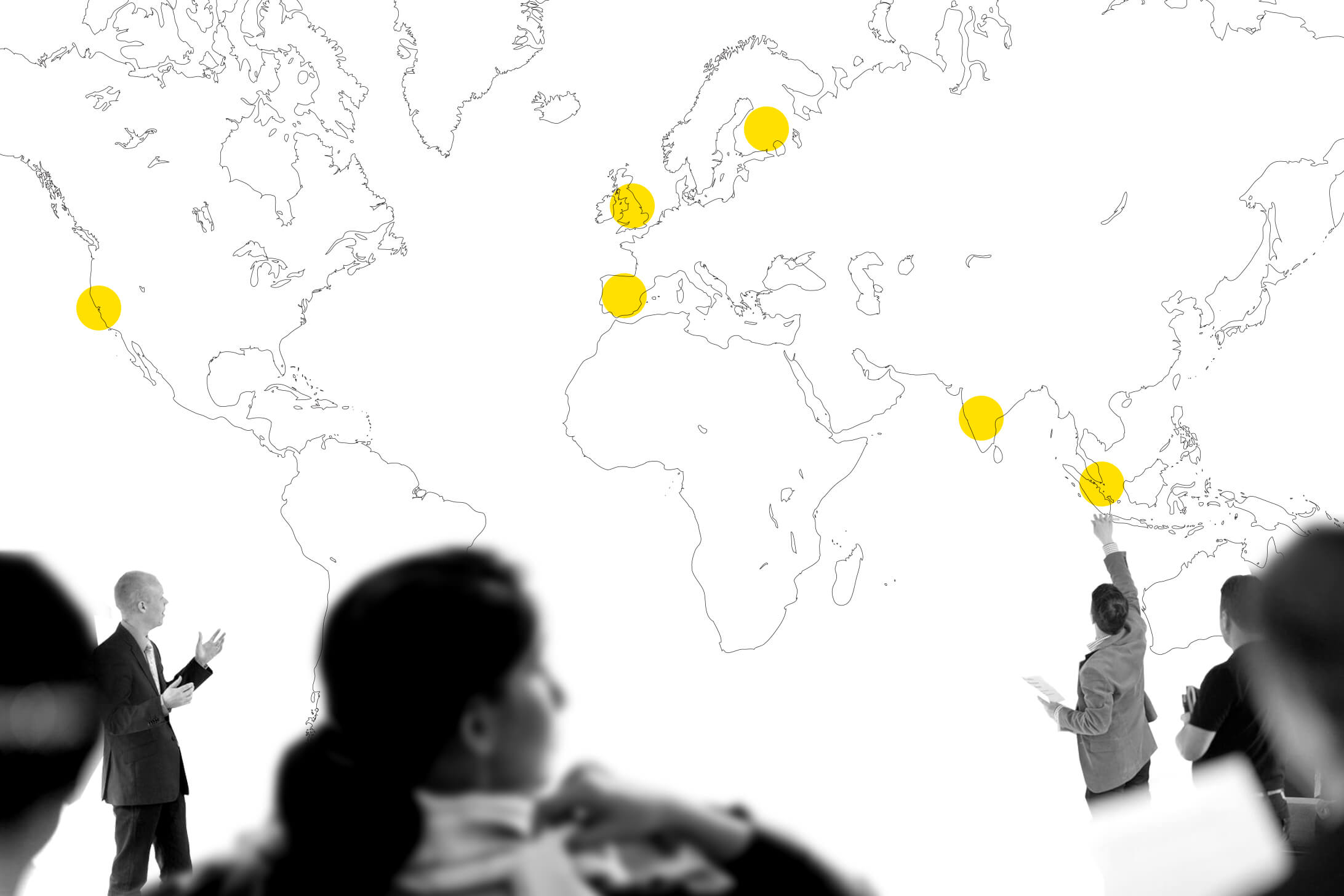


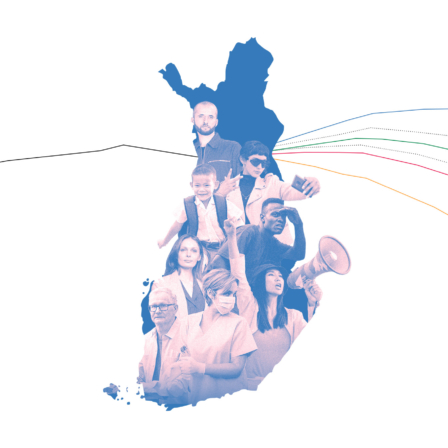
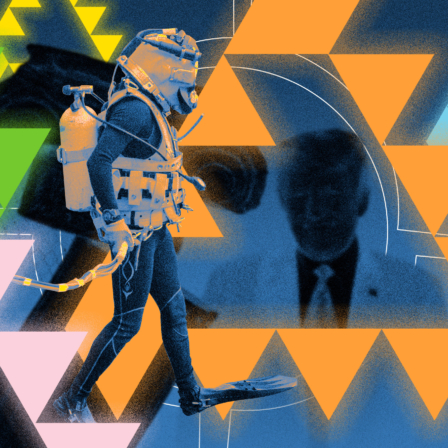
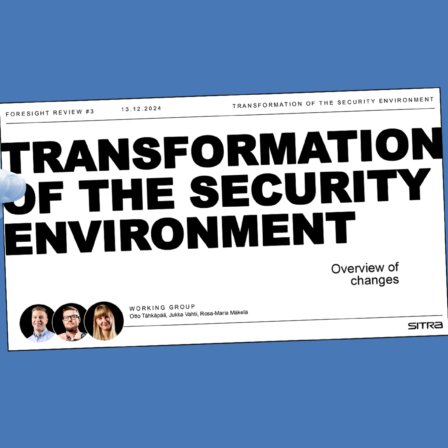
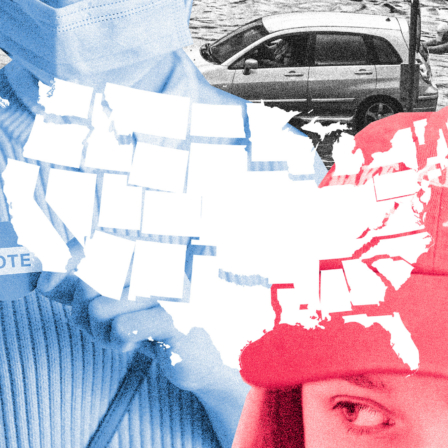











Other articles
Up for more?